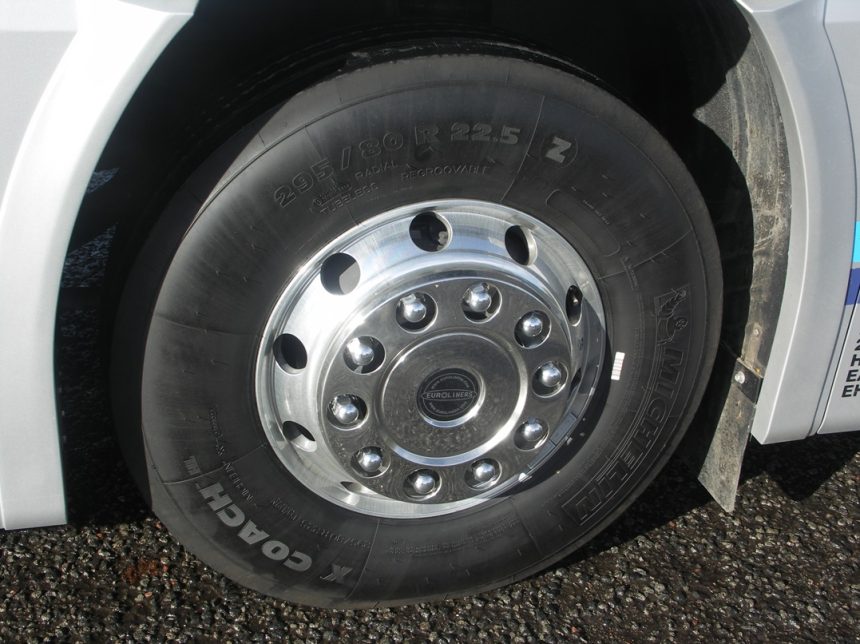Everyone wants to find a gap in the market. They are often hard to identify, but they do exist to some extent. Two examples are as follows.
One: Seatbelt conversions for double-deck buses
A modern double-deck bus can reasonably be expected to have a minimum 15-year lifespan. When I joined the industry in 2000, buses 15 years old were still in use – just about – but they were very clearly at the end of their tenure.
Now, though, 25 years on, developments in engineering abilities mean that a bus will readily do 20-plus years’ service, as evidenced by the number of 02-, 03- and 04-plate examples still with various operators.
However, when a double-decker’s first flush of life is over and it is ready to be cascaded onto home-to-school work, it generally needs seatbelts fitting to operate a closed-door local authority tender.
There is a problem, though: The sector is not awash with specialists that can undertake such conversions.
For belts to be fitted to most unbelted buses, there are a number of technical boxes that need to be ticked before the bus can be signed off as complete. A pull test is needed for most high-capacity vehicles that are to have belts retrofitted.
Once a supplier has a pull certificate for such a test, it covers similar vehicles for future fitments, but certificates are not easy to come by, and the process requires significant work to get the bus to standard for a pull test.
Notwithstanding that, the test result is ‘owned’ by whichever company submitted the bus for test, so it is not something that you can download from the internet or similar.
Some bus suppliers will happily belt buses that they sell but are less willing to do the same for third-party vehicles – perhaps understandably, given the relatively low number of buses available with belts and the rather captive market that exists as a result.
Some other suppliers promise the world but deliver very little in reality, and among the cracks are a very small number of suppliers that can do it, will do it, and do it very well. An example of that is BHI UK in Lincolnshire, which is a seatbelt specialist and undertakes retrofitting.
To my mind, there is a significant opening in the market for a dependable engineering business to provide commercial fitment of seatbelts to mid-life double-deck buses. There is not likely to be a shortage of customers any time soon…
Two: Alloy wheel refinishing
Everyone knows how impressive a coach looks with a brand-new set of polished alloy wheels.
However, they pit and fade over a few years, and tired wheels make for a tired coach. There is a smattering of suppliers across the UK that refurbish commercial alloy wheels, but nowhere near as many as you would expect.
With a new polished aluminium wheel in the region of £600 depending on size and specification, a refurb at £100 per wheel may make for an appealing alternative.
Of course, wheel fitment policies within some organisations will prevent refurbishment, but for many, having a wheel refinished is an attractive proposition. It continues to surprise me that more companies do not offer this service for coaches, buses and trucks.
Some readers will undoubtedly point out that they know of a supplier that doers seat belting or wheel polishing. But you do not see those advertising, which suggests that there is a plentiful supply of work for these businesses without any significant marketing – which in turn suggests that there may be an overall shortage of suppliers.
I will accept my commission by bank transfer!



























